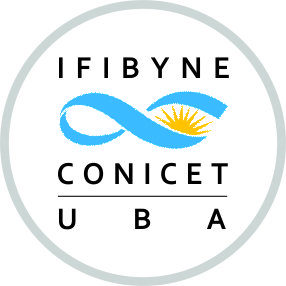Mild Cognitive Impairment (MCI or Mild Neurocognitive Disorder) is an intermediate state between normal aging and dementia. MCI defines a condition of cognitive deficits associated with an objective memory impairment without compromising everyday functioning. In particular, episodic memory impairment is the hallmark of the amnesic MCI
subtype (aMCI).
Reconsolidation is a memory process by which reactivated long-term memories are transiently destabilize followed by its re-stabilization to update their strength or content. Re-exposure to specific learned cues has been shown to improve memory retention at long delays.
Here we tested the hypothesis that a Reactivation-based intervention would improve episodic memory performance in healthy adults and amnestic patients. We design a 3 day experiment, On Day 1, young adults, healthy older adults and aMCI patients learned face-name pairs and 24hs later either received a Reactivation-intervention or an Active Control. On Day 3, associative and item memory were assessed. Groups that underwent the Reactivation-based
intervention showed improved associative memory retention. Notably, amnestic patients benefited more from the intervention. These findings support memory reactivation as stabilization and strengthening mechanism irrespectively of age and cognitive status, and provides proof-of-concept evidence that Reactivation-based interventions could be implemented in the treatment and rehabilitation of populations with memory deficits.

Menu
E-poster
Session: 8
PS8-01 | Improvement of episodic memory retention by a memory reactivation intervention across the lifespan: from younger adults to amnesic patients.
Soledad Picco
IFIBYNE - CONICET - UBA
- CABA,
- Argentina
- Soledad Picco1,2
- , Fernandez Rodrigo S.1,2
- , Beron Juan C.1,2
- , Bavassi Luz1,2
- , Campos J.3
- , Allegri R.F3
- , Pedreira M. E.1,2
- 1. Instituto de Fisiología, Biología Molecular y Neurociencias (IFIBYNE)- CONICET, Ciudad de Buenos Aires, Argentina.
- 3. Department of Cognitive Neurology, Neuropsychiatry and Neuropsychology, Fleni, Buenos Aires, Argentina.
